Abstract: The standoff in the Gulf that commenced in May 23 between Qatar and Saudi Arabia, Bahrain, and the United Arab Emirates (UAE) presents the greatest challenge to the Gulf Cooperation Council (GCC) since the Iraqi invasion of Kuwait in August 1990 and the Gulf War in January–February 1991. The demands made of Qatar by the trio of fellow GCC states have laid bare the tensions in the GCC that have for years complicated moves toward any meaningful form of collective defense cooperation. In addition, the fallout from the spat threatens to split the GCC along multiple lines and open inroads for new participants in regional security structures. The involvement of countries such as Turkey, and potentially Russia and Iran, is likely to widen existing fractures within the GCC and weaken the web of partnerships with Western states that have formed the cornerstone of the post-1991 Gulf security architecture.
Two threads run through regional security structures in the Gulf and connect the past to the present. The first is the presence of external forces with their own interests in maritime and regime stability, while the second is the imbalance of power and difference in threat perception between the three larger states—Iran, Iraq, and Saudi Arabia—and the five smaller states—Bahrain, Kuwait, Oman, Qatar, and the UAE. While the exact nature of this imbalance has fluctuated considerably over time, ithas contributed to a marked preference for bilateralism over multilateralism in most matters of national security, and created trajectories that may widen further with the Qatar crisis.
The Politics of Protection
The United Kingdom was the paramount external power in the Gulf from 1820, when Britain signed a General Treaty of Peace with local rulers on the coastline of the Arabian Peninsula, to 1971, when the British government withdrew its military from all positions east of Suez under financial duress. Britain concluded individual treaties with the rulers of the Trucial States (since 1971 the UAE) in 1835, Bahrain in 1861, Kuwait in 1899 and again in 1914, and Qatar in 1916.[1] These agreements consolidated the internal legitimacy and power of the individual ruling families by bestowing diplomatic recognition and a measure of external protection for their survival.[2] This protection additionally gave ruling elites in the Gulf States—whether members of ruling families or British officials—a considerable stake in maintaining the conservative status-quo. Consequently, when Prime Minister Harold Wilson announced Britain’s impending withdrawal from the Gulf by the end of 1971, the rulers of Abu Dhabi, Dubai, and Qatar offered to assume the costs of maintaining the garrisons.[3]
The loss of British-protected status in 1971 rendered the newly-independent states of Kuwait, Bahrain, Qatar, and the UAE vulnerable to their larger and more powerful neighbors. Iraq massed troops on its border with Kuwait immediately upon Kuwaiti independence in 1961, a move that necessitated the return of British forces to Kuwait just six days after they had left
For the smaller Gulf States, a dangerous decade separated Britain’s military withdrawal in November 1971 and the formation of the Gulf Cooperation Council at a summit in Abu Dhabi in May 1981. The loss of British-protected status in 1971 rendered the newly-independent states of Kuwait, Bahrain, Qatar, and the UAE vulnerable to their larger and more powerful neighbors. Iraq massed troops on its border with Kuwait immediately upon Kuwaiti independence in 1961, a move that necessitated the return of British forces to Kuwait just six days after they had left. In Bahrain, the Shah revived Iran’s longstanding territorial claim on the archipelago in 1968 in a move that was ultimately settled through a UN mission that visited Bahrain and determined that its citizens wished to become an independent Arab state. More worrying for local officials was Iran’s seizure of the islands of Abu Musa and the Greater and Lesser Tunbs from the emirates of Sharjah and Ras al-Khaimah respectively on the day before Britain’s withdrawal in November 1971.[4] The young Gulf States’ sense of vulnerability was further heightened by Ba’athist Iraqi involvement in a coup against the ruler of Sharjah in 1973,[5] and in Baghdad’s support for, and hosting of, revolutionary cells of the People’s Front for the Liberation of Oman until 1975.[6]
The GCC and the US
The creation of the GCC in May 1981 was an immediate ad hoc reaction to the situation of profound uncertainty occasioned by the Iranian revolution in 1979 and the outbreak of the Iran–Iraq war in 1980.[7] It emerged from several competing visions of regional cooperation that extended back to a meeting of the foreign ministers of all eight Gulf States in Muscat in 1976. The Shah’s replacement by a clerical regime in Iran initially committed to exporting its (Shia) revolutionary fervor seen as an imminent threat to regional security in Gulf capitals. Consequently, Iraq and Iran were excluded from the regional organization that was launched in Abu Dhabi on May 25, 1981. This reflected the fact that the GCC was primarily the defensive response of six relatively like-minded political entities intended to shield their member states and societies from the transnational threat of spill-over from the warring parties of two revolutionary regimes (Iraq and Iran) with hegemonic designs.[8] Neither a political nor a military alliance, the GCC lacked an integrated supranational decision-making institution for the sharing of sovereignty and had no explicit treaty-based foreign policy-making power.[9]
From the beginning, the six GCC member states struggled to find a consensus on the key regional foreign and security policy challenges.[10] This was immediately evident during the Iran-Iraq War, when the two camps rapidly emerged. Their geographical position in the northern Gulf and the greater intermixing of Sunni and Shia communities exposed Kuwait, Saudi Arabia and Bahrain to a range of material and ideological threats to their security. All three countries experienced acts of political violence and terrorism, including an Iranian-backed coup attempt in Bahrain in 1981, a wave of bombings in Kuwait, an attempt to assassinate the Kuwaiti Emir in 1985, and the emergence of Hezbollah Al-Hijaz in Saudi Arabia in 1987.[11] However, in the South there was less immediate Iranian threat compared to the northern states in the Gulf. Policymakers in Qatar, the UAE and Oman sought to balance limited financial and declaratory (through GCC communiqués) support to Iraq with continuing commercial relations with Iran. This balancing act reached extreme proportions in the UAE, where Dubai, Sharjah, and Umm al-Quwain favored Iran while the other four emirates of Abu Dhabi, Ras al-Khaimah, Ajman and Fujairah sided with Iraq[12]
Decisions taken near the end of the Iran-Iraq war greatly expanded the U.S. military and security footprint in the Gulf as developments between 1986 and 1988 brought a sizeable external naval force into the region for the first time since Britain’s departure in 1971. This occurred as the United States (along with the United Kingdom, the Soviet Union, France and Italy) sent warships to conduct convoy operations for re-flagged and chartered vessels. Iranian attacks on re-flagged merchant shipping now invited external retaliation, as when the U.S. Navy destroyed Iranian offshore oil platforms in response to attacks on U.S.-flagged ships in October 1987 and April 1988.[13]
The intervention of the United States as a regional security participant had its roots in longstanding U.S. security arrangements with Saudi Arabia and the presence of a naval detachment in Bahrain (the U.S. Middle East Force), both of which dated back to the 1940s, as well as the Carter Doctrine of January 1980, which stated that the U.S. would use military force, if necessary, to protect its national interests in the Gulf. Successive presidential administrations under George H.W. Bush and Bill Clinton in the 1990s designed a ‘Dual Containment’ policy that excluded Iraq and Iran from regional security structures and deepened bilateral security relations with GCC states.[14] This was achieved through an existing access-to-facilities agreement with Oman and separate defense cooperation agreements with Bahrain, Kuwait, Qatar, and the UAE (with the first two also being accorded Major Non-NATO Ally status in 2002 and 2004). The GCC states developed into major logistical and command-and-control hubs for the U.S. Fifth Fleet in Manama in 1995, and the forward headquarters of U.S. Central Command (CENTCOM) in Doha in 2002, while substantial stocks of military equipment were position at airbases and ports in the UAE, and Kuwait became the administrative and logistical lifeline for multinational forces in Iraq after 2003.[15]
The Illusion of Collective Action
Collective GCC policymaking, particularly in defense matters, has remained a chimera as each of the GCC states has been integrated into the American security umbrella on a bilateral basis, and sporadic efforts to formulate a collective approach to security have foundered. In part, this reflects an underlying wariness among four of the smaller five GCC states (Bahrain being the exception) about the potential for Saudi hegemony within a closer-knit GCC.[16] Attempts to create a unified internal security mechanism within the GCC failed in 1982 and again in 1994, on both occasions due to Kuwaiti resistance, and were only pushed through in 2012 in the wake of the region-wide political upheaval triggered by the Arab Spring.[17] Border skirmishes between Saudi Arabia and Qatar in 1992 and 1993 and a brief clash between Saudi and Emirati vessels in disputed waters in 2010 also heightened concerns about the power imbalance between the Kingdom and its much smaller neighbors.[18]Even the intervention in Bahrain in 2011, packaged as the deployment of the GCC’s Peninsula Shield Force to assist the Bahraini government restore order, was, in reality, more of a Saudi and Emirati initiative, and a group of Kuwaiti medics was denied entry to Bahrain.[19]
More recently, Saudi attempts to transform the GCC into a more politically integrated Gulf Union both failed to make headway in the face of stiff opposition from other member states. King Abdullah announced his vision for a closer ‘Gulf Union’ at the GCC Summit in Riyadh in December 2011, reportedly taking his fellow rulers largely by surprise with the unilateral announcement. Despite then-Saudi Foreign Minister Prince Saud al-Faisal Al Saud expanding the proposals for an integrated military and regional security policy, neither a mid-year GCC Consultative Summit in Riyadh in May 2012 nor subsequent annual Summits in Bahrain (December 2012) or Kuwait (December 2013) reached a consensus on the move towards a closer political union. Yusuf bin Ali, Oman’s Minister for Foreign Affairs, rejected the Saudi initiative in an unprecedentedly open and direct manner, telling the attendees in a security conference in Bahrain that ‘We are against a union. We will not prevent a union, but if it happens we will not be part of it.’[20]
Divergent Paths Ahead
The standoff between Qatar and its neighbors has its roots in their diverging policy responses to the Arab Spring. Qatari policymakers—and the Qatar-based Al Jazeera media group—supported the uprisings in North Africa, Syria, and Yemen—though not Bahrain—and assisted a range of Islamist groups in the region, including the Muslim Brotherhood, in the political transitions that followed. Qatar’s sympathetic stance toward the Brotherhood was diametrically opposed to the view in Abu Dhabi that the Brotherhood—and Islamist movements more generally—posed a grave threat to the regional political order.[21] The assistance provided from 2011 to 2013 by Qatar to regional Islamist groups was countered by the formulation of more assertive regional policies in Riyadh and Abu Dhabi that accelerated after the reassertion of military control in Egypt in 2013, an event that signified the end of the initial phase of the Arab Spring.[22]
Post-2011 Egypt (and Libya) have furthered revealed the differences between Qatari and Emirati approaches to regional affairs, while the war in Yemen since 2015 has illustrated the practical challenges of aligning quite distinct national security objectives (in Saudi Arabia and the UAE) under a nominally multilateral umbrella. In each instance, greater assertiveness from GCC states in terms of power projection occurred largely through national channels, with only a loose coordinating mechanism for collective action. This was also the case for a previous iteration of the Saudi – Emirati – Bahraini diplomatic spat with Qatar, when the three countries withdrew their ambassadors from Doha for 8 months in 2014. On that occasion, as in the current standoff, neither Kuwait nor Oman joined their counterparts in acting against Qatar, and the GCC Secretariat was notable more by its policymaking absence than by any attempt to resolve the issue.[23]
This dispute differs significantly from that of 2014 in several respects. The first difference is the Saudi and Emirati conviction that the Qatari leadership has not altered course since the previous confrontation and is therefore unlikely to do so unless greater pressure is applied this time. This likely explains the addition of economic sanctions on Qatar and restrictions on the flow of trade and people to and from Qatar, as well as the attempt to mobilize other regional states such as Egypt against Doha. However, it also means that passions on both sides of the divide are far higher than they were in 2014 and have widened fissures that will be rather more difficult to repair. These cracks in the always-fragile notion of ‘Gulf unity’ open up opportunities for new entrants to insert themselves into regional security dialogues in ways that may increase tensions further and reinforce the divergent trajectories noted above. One example is the Saudi-led coalition’s demand that Qatar shut the Turkish military base that became operational in 2016; further strains may occur if bilateral relations between Qatar and Iran proliferate in response to the standoff.[24]
Finally, the crisis has implications for the United States and other international partners with a stake in the regional security architecture. At best, the standoff is an unnecessary crisis that is a distraction from the more serious challenges of defeating Islamic State forces in Mosul and Raqqa, finding a diplomatic solution to the Syrian catastrophe, and preventing total state collapse in Yemen and Libya. Yet, Bahrain’s decision to kick out Qatari military personnel serving with the U.S.-led Bahrain-headquartered counter-Islamic State coalition leave the country illustrates how the crisis has already impacted international responses to regional conflicts.[25] Moreover, the spat has come at a time when the new U.S. government is distracted by domestic affairs and has struggled to coordinate policies between the White House and government departments, resulting in a series of mixed messages that have called into question the consistency of U.S. leadership in the Gulf. Putting an end to the centrifugal forces driving apart the Gulf and finding ways to rebuild trust and confidence will test the capacity of an inexperienced president and the institutional durability of the network of partnerships that have formed the cornerstone of regional security structures for a generation.
Endnotes:
[1] James Onley and Suleyman Khalaf, ‘Shaikly Authority in the Pre-oil Gulf: An Historical-Anthropological Study,’ History and Anthropology, 17(3), 2006, p.193.
[2] Lisa Anderson, ‘Absolutism and the Resilience of Monarchy in the Middle East,’ Political Science Quarterly, 106(1), 1991, p.9.
[3]Shohei Sato, “Britain’s Decision to Withdraw from the Persian Gulf, 1964-68: A Pattern and a Puzzle,” Journal of Imperial and CommonwealthHistory, 37(1), 2009, p.108.
[4] William Roger Louis, ‘The British Withdrawal from the Gulf, 1967-71,’ Journal of Imperial and Commonwealth History, 31(1), (2003), p.102.
[5] Christopher Davidson, Dubai: The Vulnerability of Success (London: Hurst and Co., 2008), p.251.
[6] Marc Valeri, Oman: Politics and Society in the Qaboos State (London: Hurst and Co., 2009), p.60.
[7]Abdulkhaleq Abdulla, ‘The Gulf Cooperation Council: Nature, Origin and Process,’ in Michael Hudson (ed.), Middle East Dilemma: The Politics and Economics of Arab Integration (New York: Columbia University Press, 1999), p.154.
[8] Author interview with Abdullah Bishara (Secretary-General of the Gulf Cooperation Council, 1981-93), 2009.
[9] Kristian Coates Ulrichsen, ‘Is the GCC Worth Belonging To?’ Chatham House Expert Comment, 20 June 2017.
[10] Bahrain, Kuwait, Oman, Qatar, Saudi Arabia, and the United Arab Emirates.
[11] Hasan Tariq Alhassan, ‘The Role of Iran in the Failed Coup of 1981: The IFLB in Bahrain,’ Middle East Journal, 65(4), 2011, p.603; Toby Matthiesen, ‘Hizbullah al-Hijaz: A History of the Most Radical Saudi Shi’a Opposition Group,’ Middle East Journal, 64(2), 2010, p.179.
[12] Christopher Davidson, The United Arab Emirates: A Study in Survival (London: Lynne Rienner, 2006), p.206.
[13] Abdul-Reda Assiri, Kuwait’s Foreign Policy: City-State in World Politics (Boulder, CO: Westview Press, 1990), pp.107-8.
[14] Barry Buzan and Ole Waever, Regions and Powers: The Structure of International Security (Cambridge: Cambridge University Press, 2003), p.201.
[15] F. Gregory Gause III, The International Relations of the Persian Gulf (Cambridge: Cambridge University Press, 2009), p.127.
[16] Anthony Cordesman, quoted in Ibrahim Suleiman al-Duraiby, Saudi Arabia, GCC and the EU: Limitations and Possibilities for an Unequal Triangular Relationship (Dubai: Gulf Research Centre, 2009), p.89.
[17] Joseph Kechichian, ‘The Gulf Security Pact: Another GCC Dilemma,’ Al Jazeera Online, 24 February 2014.
[18] ‘Saudi-Qatar Flare-up,’ Gulf States Newsletter, Volume 19, Issue 501, 12 December 1994, p.5; ‘Naval Battle Between UAE and Saudi Arabia Raises Fears for Gulf Security,’ The Daily Telegraph, March 26, 2010.
[19] ‘Kuwait Medical Team Hopes for Bahrain Clearance,’ Associated Press, 23 March 2011.
[20] ‘GCC Unity Questioned as Summit Begins,’ Gulf States Newsletter, Volume 37, Issue 960, 12 December 2013, p.7.
[21] David Roberts, ‘Qatar, the Ikhwan, and Transnational Relations in the Gulf,’ Project on Middle East Political Science, 9 March 2014.
[22] Kristian Coates Ulrichsen, ‘The Gulf States and the Rebalancing of Regional and Global Power,’ Rice University’sBaker Institute for Public Policy, 8 January 2014.
[23] Kristian Coates Ulrichsen, ‘Is the GCC Worth Belonging To?’ Chatham House Expert Comment, 20 June 2017.
[24] Martin Chulov, ‘Erdoğan Rejects Saudi Demand to Pull Turkish Troops Out of Qatar,’ The Guardian, 25 June 2017; ‘Iran: Hassan Rouhani Condemns ‘Siege of Qatar’,’ Al Jazeera Online, 25 June 2017.
[25] Naser Al Wasmi and Taimur Khan, ‘Deadline for Qataris to Leave UAE Has Passed,’ The National, 18 June 2017.
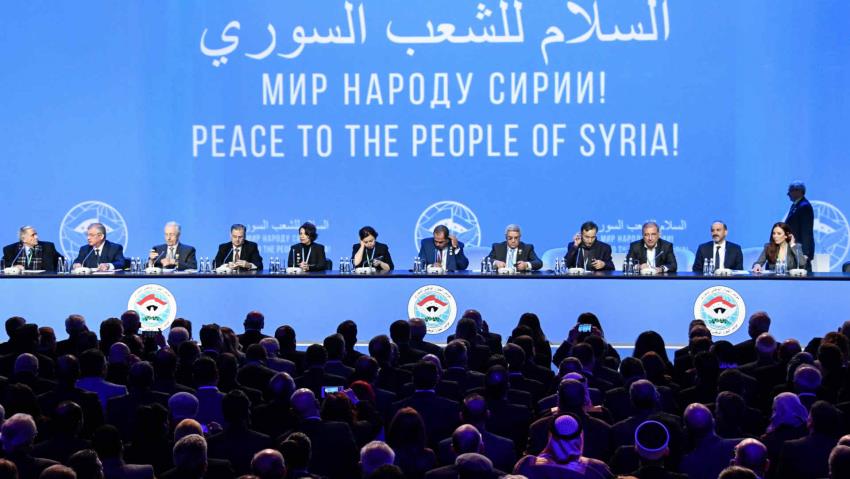 The Syrian National Dialogue Congress held in Russia’s Sochi on January 28-29 was aimed to boost the process for building a peaceful future for Syrian people in a war-devastated country and to define the country’s political compass for the next years. The Congress, sponsored by Russia, Iran and Turkey, gathered over 1,500 participants from various groups of Syrian society, including representatives from political parties, opposition groups and ethnic and confessional communities.
The Syrian National Dialogue Congress held in Russia’s Sochi on January 28-29 was aimed to boost the process for building a peaceful future for Syrian people in a war-devastated country and to define the country’s political compass for the next years. The Congress, sponsored by Russia, Iran and Turkey, gathered over 1,500 participants from various groups of Syrian society, including representatives from political parties, opposition groups and ethnic and confessional communities.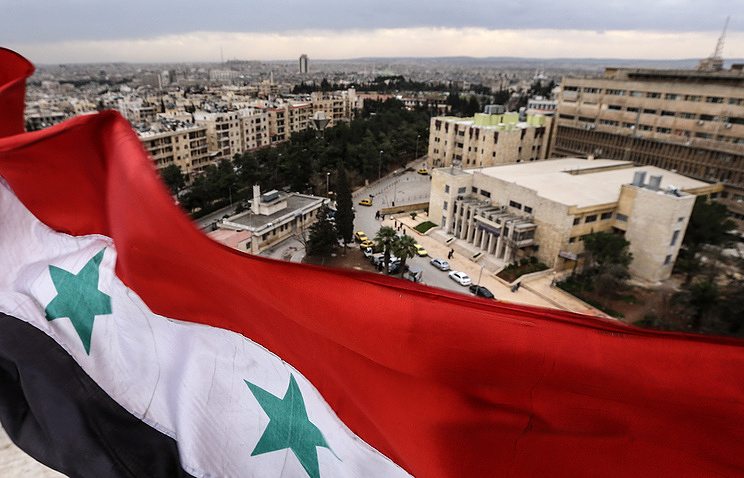 Perhaps, the most important result of the Sochi Congress has been an agreement of all participants to consolidate their efforts in stabilizing the Syria’s future and to secure the territorial integrity of the Syrian Arab Republic. The concerns of the Syrian opposition claiming the Sochi Congress would, on the contrary, hazard the international peace process could not be more baseless since the Congress was supported by the UN, the main sponsor of the Geneva talks.
Perhaps, the most important result of the Sochi Congress has been an agreement of all participants to consolidate their efforts in stabilizing the Syria’s future and to secure the territorial integrity of the Syrian Arab Republic. The concerns of the Syrian opposition claiming the Sochi Congress would, on the contrary, hazard the international peace process could not be more baseless since the Congress was supported by the UN, the main sponsor of the Geneva talks.
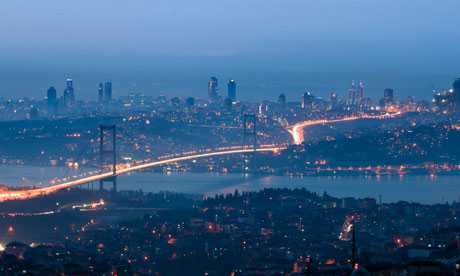
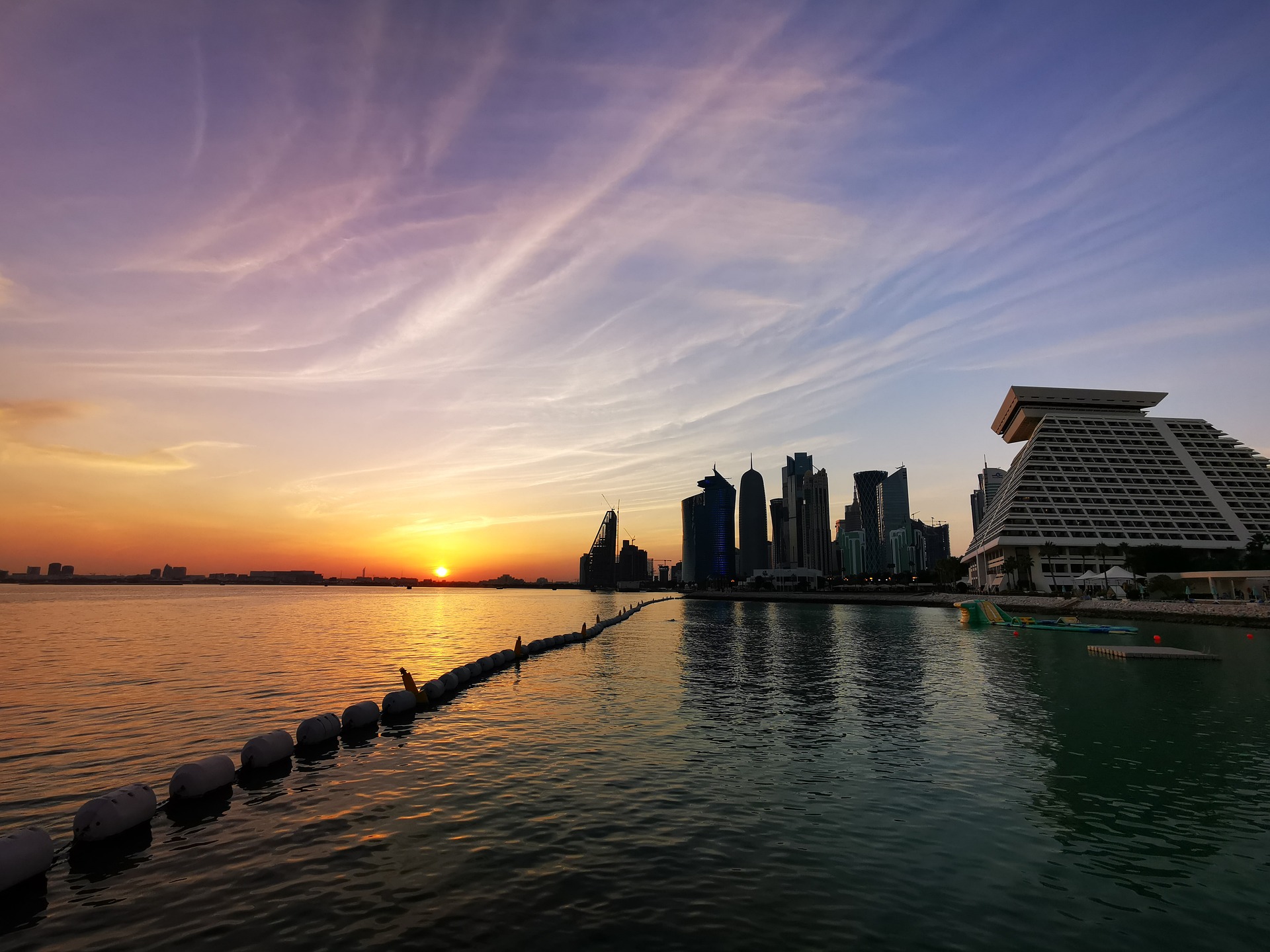
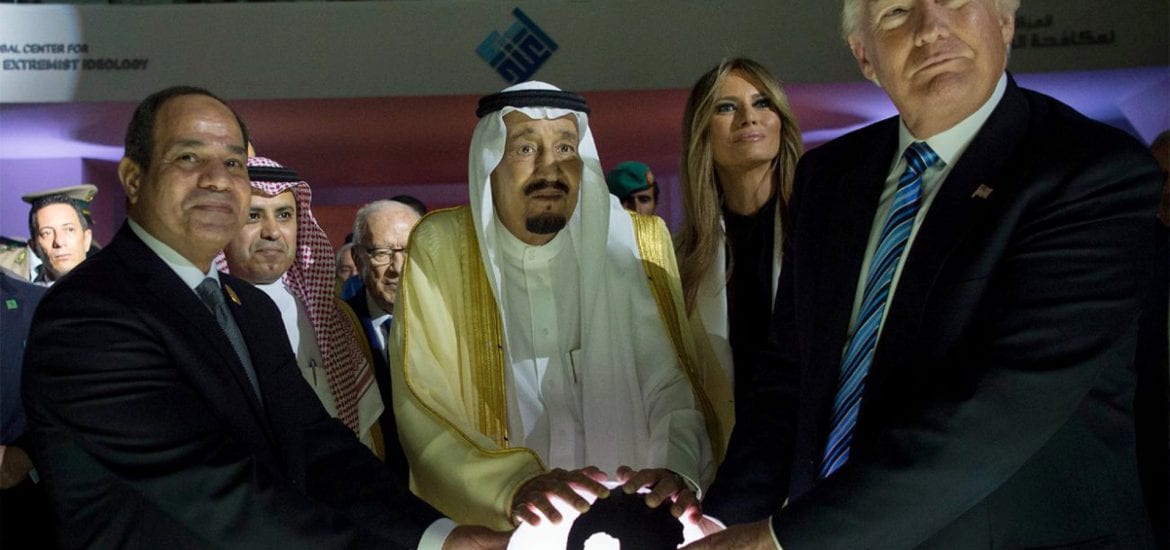

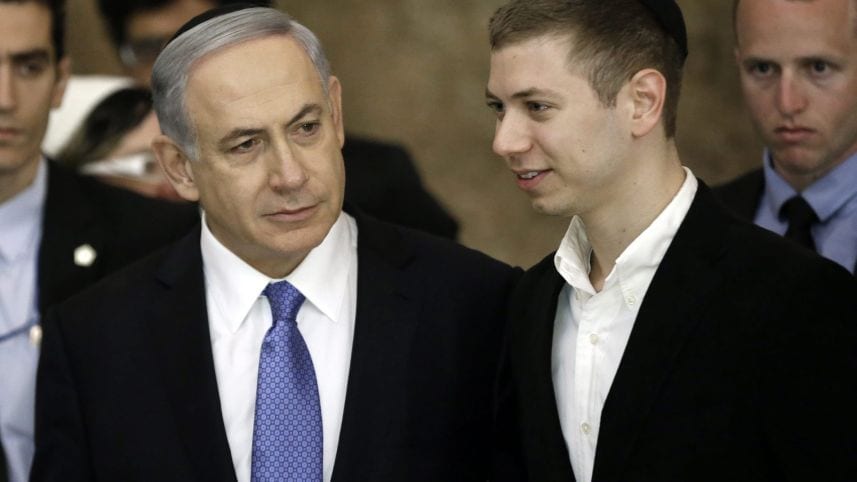
 Interrogation under caution takes place as questioning of suspects continues in other affair, involving the prime minister and media mogul Arnon Mozes. ‘Investigation won’t take too long,’ says Israel police chief.
Interrogation under caution takes place as questioning of suspects continues in other affair, involving the prime minister and media mogul Arnon Mozes. ‘Investigation won’t take too long,’ says Israel police chief.